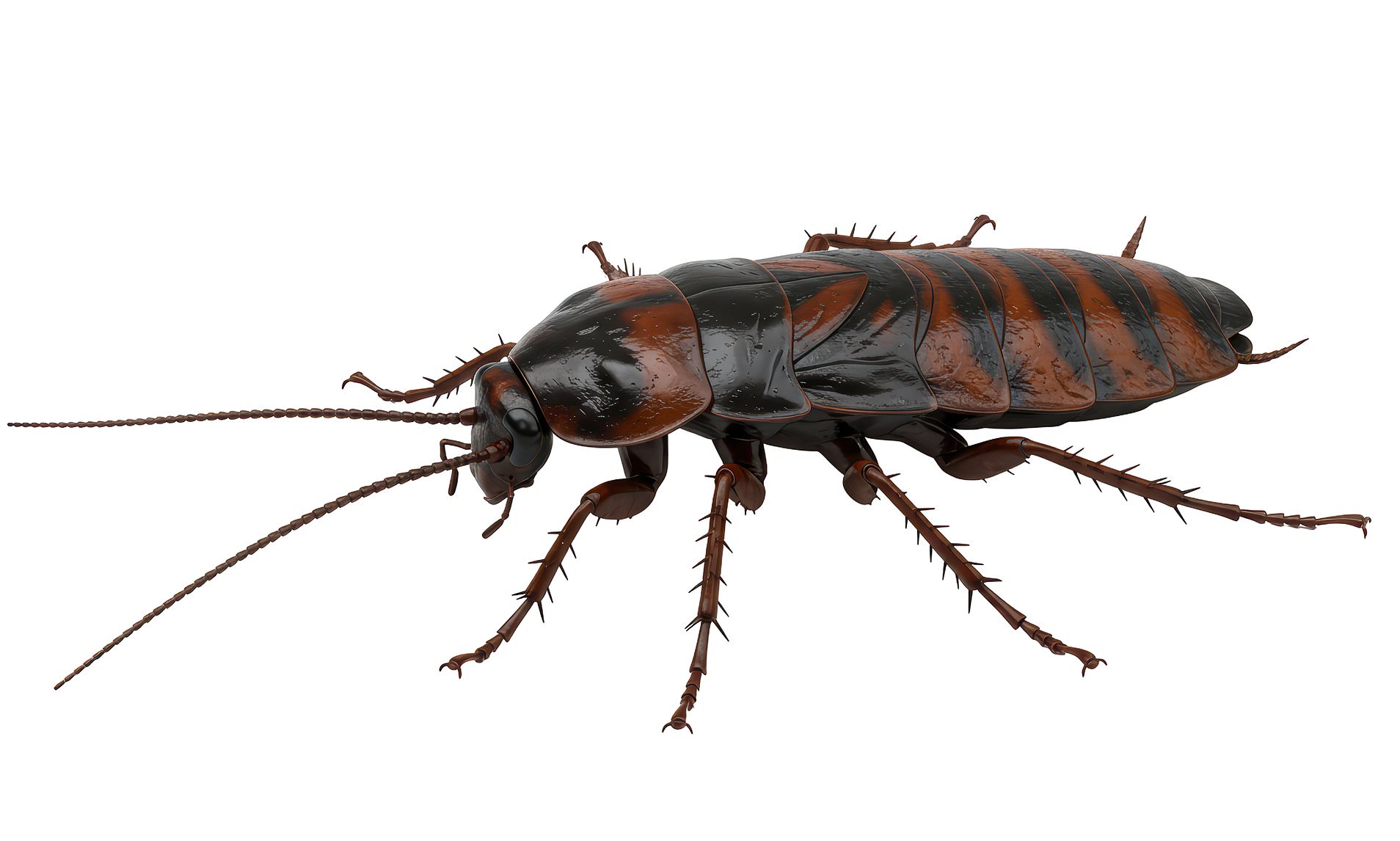Hottest Summer on Record Sparks Insect Surge

Rising Pest Problems in Britain Linked to Climate and Hygiene
Britain is currently experiencing a significant increase in pest infestations, with reports of wasps, spiders, cockroaches, and bedbugs surging after what is expected to be the hottest summer on record since 1884. The combination of warmer weather and declining hygiene standards has created ideal conditions for these pests to thrive, leading to a dramatic rise in infestations across homes and gardens.
Pest control companies have reported a major increase in demand for their services, with some firms needing to hire additional staff to manage the growing workload. According to data from Rentokil Pest Control, there has been more than double the number of infestations this year compared to 2024. This trend is expected to continue for years to come, as experts warn that the impact of climate change will likely exacerbate the problem.
Paul Blackhurst, from Rentokil Pest Control, highlighted the alarming rise in wasp activity, noting a 372 per cent increase in reports during the first half of the year compared to the same period last year. He also pointed out significant increases in other pests, including a 47 per cent rise in bedbug incidents, a 14 per cent increase in cockroach infestations, and a 12 per cent rise in spider sightings.
Blackhurst attributed the surge in wasps to the warm and stable spring weather earlier this year, which allowed queen wasps to establish nests and colonies to flourish. He also linked the increase in bedbugs to factors such as international and domestic travel, as well as the popularity of short-term holiday lets.
Gareth Davies, who runs Pest And Property Solutions in Cardiff, described the current situation as "pandemonium." He said the number of rats and cockroaches has been the worst he has seen in over 30 years. Davies has had to take on extra staff to keep up with the demand, and despite his efforts to reduce working hours, he still works six days a week.
He noted that his company has dealt with more wasp nests in the past five months than in the previous ten years combined. Additionally, there has been a sharp increase in cockroach infestations, with over 35 incidents in the last six months—compared to fewer than ten in the previous 20 years.
Davies attributed much of the problem to poor household hygiene, including improper disposal of food waste and inadequate cleaning. He also pointed to a decline in refuse collection services, which has worsened the situation. For example, when refuse workers went on strike in Birmingham earlier this year, mounds of rubbish accumulated on streets for six months, attracting large rats reportedly the size of domestic cats.
Key Factors Contributing to the Pest Surge
- Climate Change: Warmer temperatures have created favorable conditions for pests to multiply and spread.
- Hygiene Standards: Poor waste management and lack of cleanliness in homes have contributed to the increase in infestations.
- Travel and Accommodation Trends: Increased international and domestic travel, along with the popularity of alternative accommodations, has facilitated the spread of pests like bedbugs.
- Refuse Collection Issues: Strikes and reduced services have led to an accumulation of waste, attracting rodents and other pests.
As the summer heat continues, the situation is expected to remain challenging for both homeowners and pest control professionals. With the effects of climate change becoming more pronounced, it is clear that the battle against pests in Britain is far from over.

Comments
Post a Comment